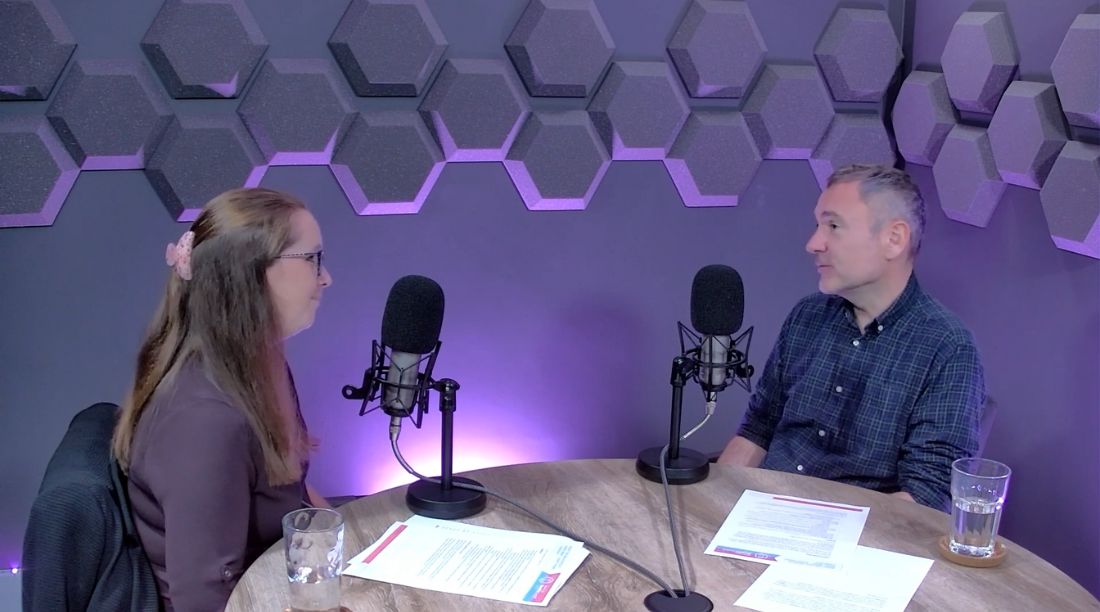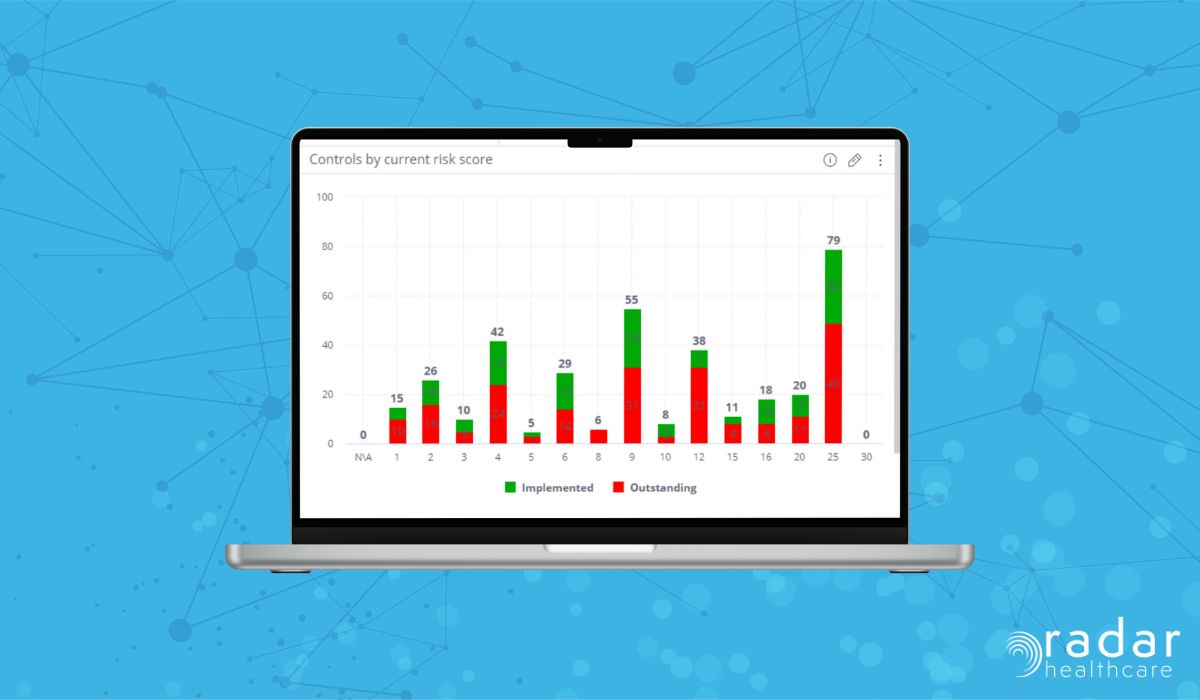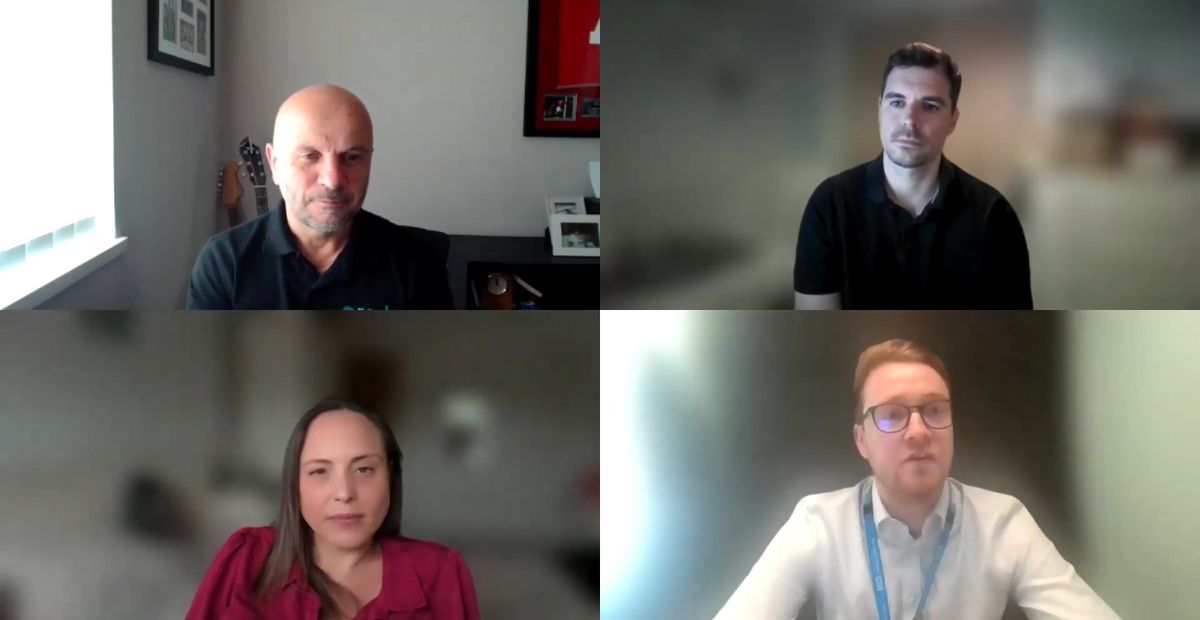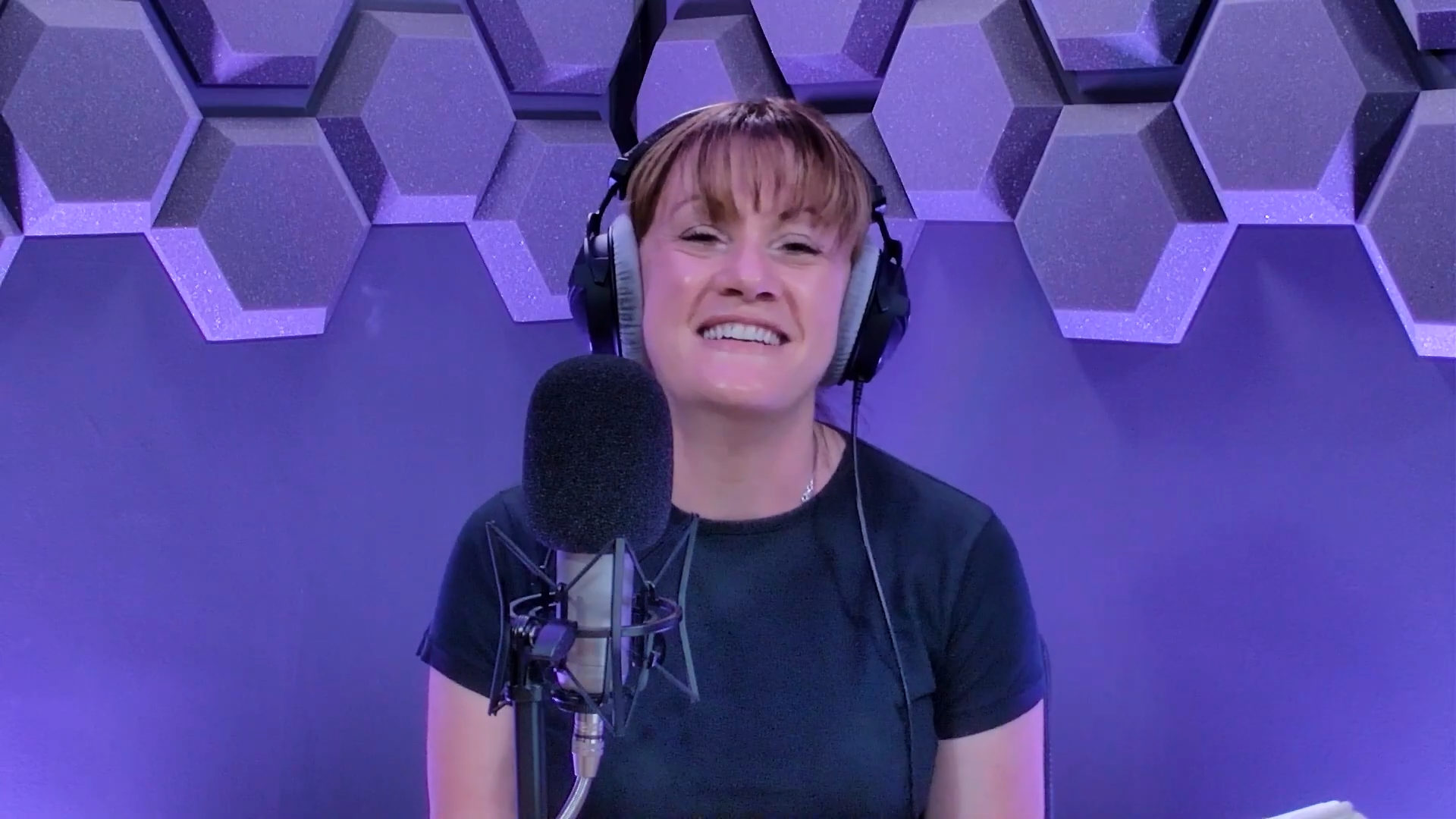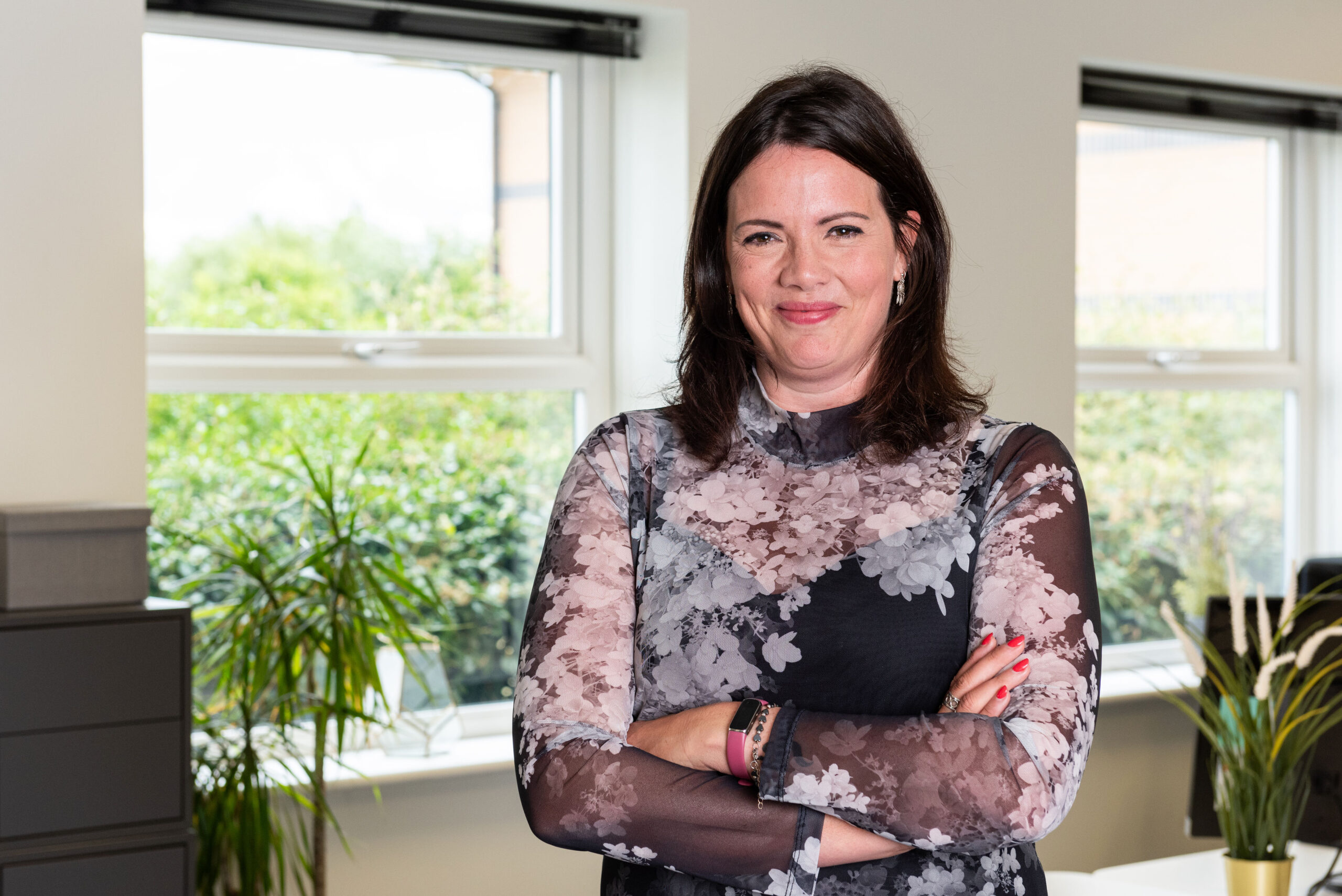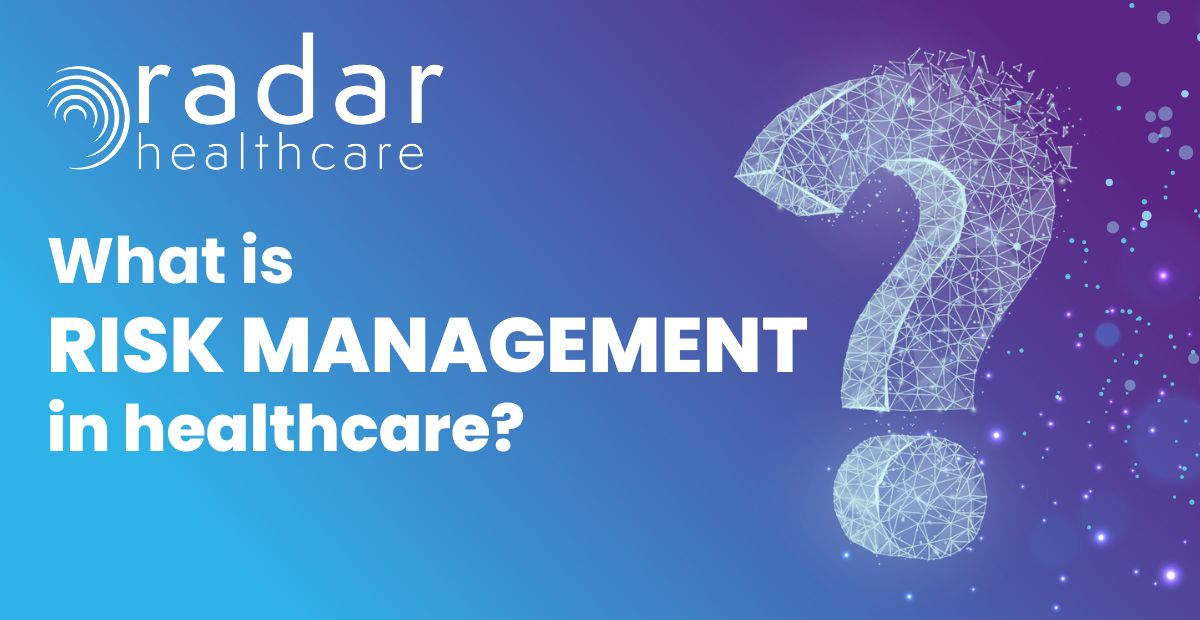How to Manage Risk in Healthcare
Tags:
How to Manage Risk in Healthcare: Best Practices and Strategies
Managing and identifying risks in the healthcare industry can be challenging, especially alongside the busy schedules and responsibilities of healthcare workers. However, not prioritising risk management can jeopardise patients’ and workers’ health and safety and damage an organisation’s reputation and credibility with regulating bodies.
This guide covers the best practices for managing risks and how effective risk management strategies can improve patient care.
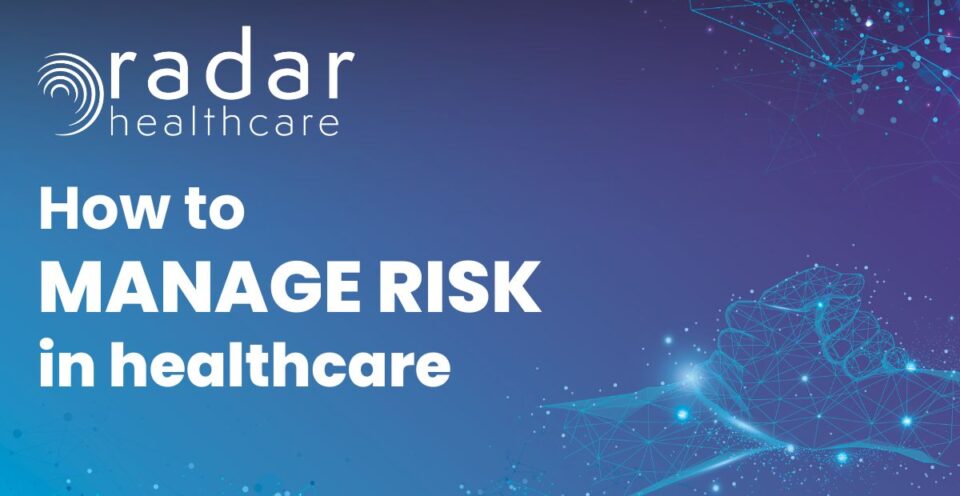
Understanding Healthcare Risks and the Importance of Structured Risk Management
Healthcare organisations face numerous risks, including compliance, quality, technology, and processing risks. These can manifest as health and safety breaches, human errors in data input, miscommunication between workers, lack of workforce training, or improper reporting of incidents. The list is extensive, and some risks are unique to specific services.
Moreover, certain risks, if not managed efficiently, can lead to further complications. For instance, the COVID-19 outbreak resulted in increased threats such as staff shortages, workforce burnout, reduced resources, and health and safety risks to both patients and workers.
Daily interactions with patients and vulnerable individuals mean that risks are constantly emerging. Although this is an inherent part of healthcare, active and consistent reporting, evidencing, and managing risks can contain and minimise them.
5-Step Strategy to Improve Your Risk Management
Strategic risk management in healthcare drives continuous improvement within an organisation by encouraging workers to assess issues and create and execute action plans to resolve them, resulting in improved patient safety.
Here’s a 5-step strategy to enhance your risk management:
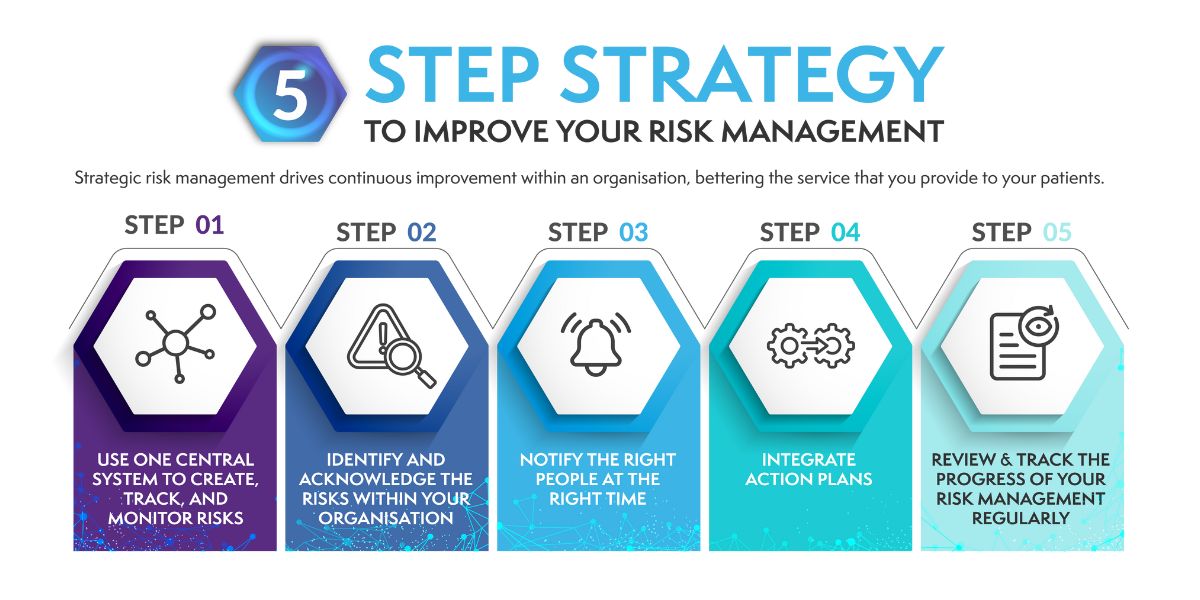
1️⃣ Use One Central System to Create, Track, and Monitor Risks
Storing all risks in a central system simplifies management and tracking, reducing the chance of incidents. A central risk management program also increases visibility, allowing multiple roles to access and view organisational risks.
2️⃣ Identify and Acknowledge Risks Within Your Organisation
Healthcare services need to identify all potential threats, including treatment errors, health and safety concerns, and staff shortages. This step is crucial to ensuring patient health isn’t compromised.
3️⃣ Notify the Right People at the Right Time
Effective communication is critical to resolving risks. Ensure that relevant staff members are notified promptly to prevent risks from going unresolved and reoccurring.
4️⃣ Integrate Action Plans
Action plans promote continuous improvement, a key factor for high ratings from bodies like the CQC and Care Inspectorate. Action plans should include attainable step-by-step objectives to manage risks efficiently and quickly.
5️⃣ Review and Track Risk Management Progress Regularly
Regularly reviewing and tracking risk management progress is essential for creating a safer healthcare environment. Configurable risk management software can help you stay aware of operational or regulatory threats.
"Our evolution of health and safety and quality wouldn’t have happened without Radar Healthcare. We haven’t grown our team, yet we’re doing about 60% more than we’ve ever done before thanks to the software."
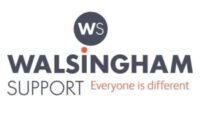
Revolutionise Your Risk Management with Radar Healthcare
Radar Healthcare’s Risk Management Software helps health and social care organisations identify, track, and manage potential problems to deliver the highest possible quality of care.
Key Features Include:
📝 Configurable Risk Register: Understand prevalent risks, control measures, likelihood of recurrence, and potential impact.
📊 Prioritisation and Delegation: Easily prioritise and delegate actions.
📋 Integrated Action Plans: Combine the risk register with action plans for a strategic approach to risk management.
🔄 Compliance Flexibility: Adapt to any compliance changes with a comprehensive risk management solution.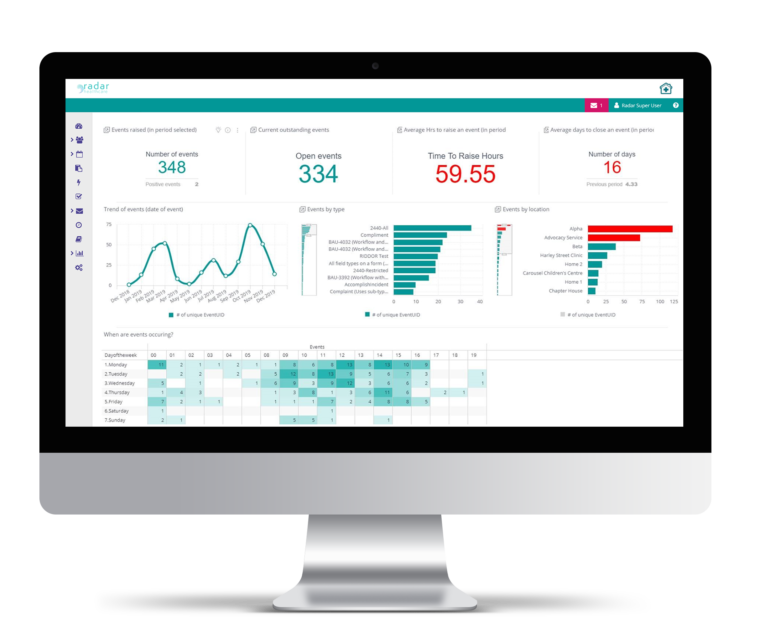
Our Risk Register Module Just Got Better 🎉
Did you know we have recently enhanced our Risk Register module? Designed in collaboration with our partners, these updates improve efficiency, customisability, and oversight.
Top 3 Features 🌟
⏱️Updates to Controls: Adding controls to risks is now simpler and more efficient, with a streamlined process that saves time and clicks.
🔄Enhancements to Assurance: Formerly the “Board Assurance Step,” now simply “Assurance,” this step has been updated for broader applicability and enhanced functionality across various organisational contexts.
✅New Approval Step: A new approval step allows users to approve risks directly within the register, adding an extra layer of safeguarding to ensure thorough review.
Discover our Risk module “Radar is helping us to see a real picture of risk across our organisation and we can then use this picture to build up a meaningful risk register (also embedded into the system). The analytics give you 'at a glance' information and the 'heat maps' are particularly informative.”

